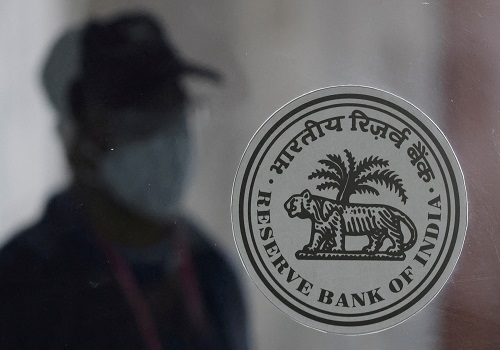Fiscally prudent India budget gives RBI liquidity wriggle room -Axis Bank`s Gambhir

The Indian government's plan to tighten fiscal policy next financial year has not only boosted sovereign bonds but could also push the country's central bank to ease its stance on liquidity, the treasury head of Axis Bank said on Friday.
"Since the government has planned for fiscal consolidation and has opted for more aggressive fiscal tightening, it opens up room for the Reserve Bank of India to be somewhat more accommodative," said Neeraj Gambhir, group executive and head of treasury, markets & wholesale banking products.
Gambhir said both fiscal and monetary policy cannot be loose simultaneously, particularly as inflation is running above target.
"However, as the fiscal accommodation is reduced, it affords the RBI space to look at a slightly looser policy. They could do so by providing higher liquidity over the next few months."
The government aims to reduce its fiscal deficit to 5.1% of gross domestic product (GDP) in 2024/35. Its gross borrowing target of 14.13 trillion rupees is less than expectations of 15.60 trillion rupees and this year's planned 15.43 trillion rupees.
Bond yields have declined, with the benchmark bond yield near an eight-month low, since the budget on Thursday morning.
India's banking system liquidity has been strained for the past few months, with the deficit hitting a record high in January.
The rising demand for credit and improving tax collections had pushed most banks to rely on the central bank and overnight markets for funds as the government's spending and deposit growth slowed.
Gambhir, however, does not expect the RBI to take any action at its policy meeting next week and to continue to infuse funds via the shorter-duration repos it has relied on since mid-December.
"The challenge for the RBI is most of the current liquidity deficit is due to lack of government spending and increase in their cash balances. Since there is less predictability on this front, there is a risk to introduce any long-term liquidity injection."
The treasury head expects foreign inflows in government bonds to get a boost as global fixed income investors are attracted by a lower fiscal deficit target.
"The key things that foreign fixed income investors focus on are inflation and fiscal deficit."
These investors have bought bonds worth over $6 billion, on a net basis, in the last three months.
























